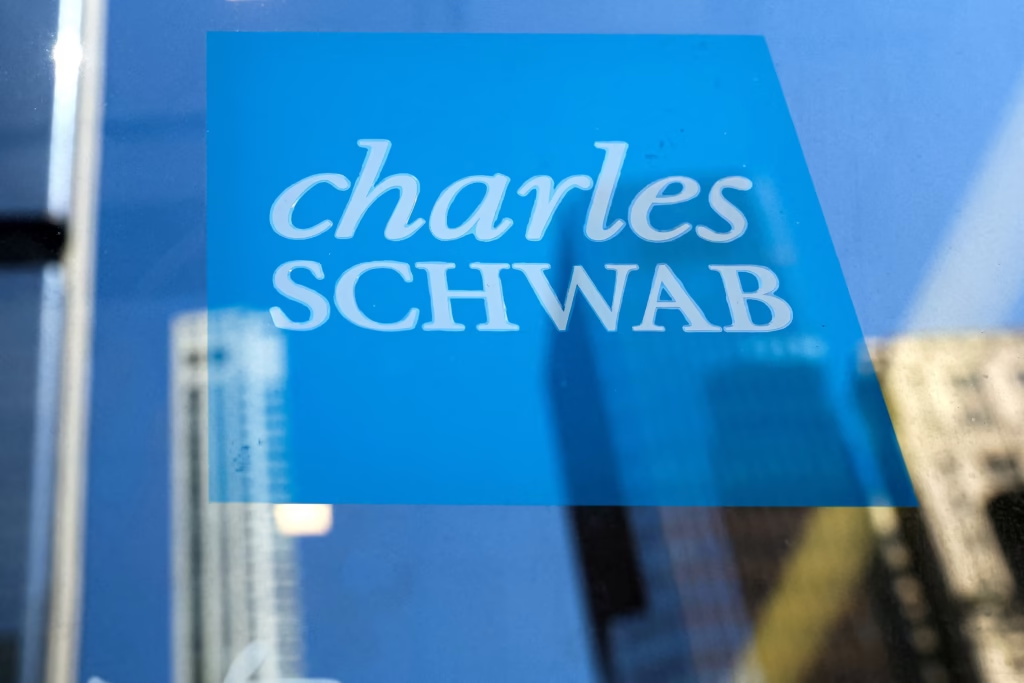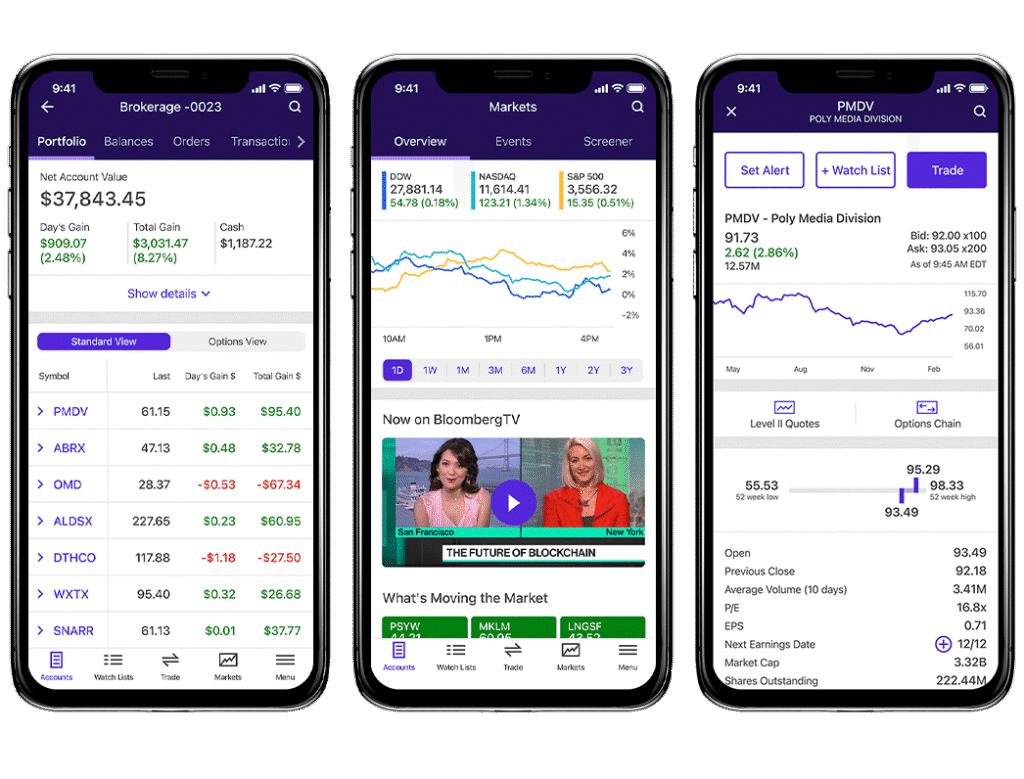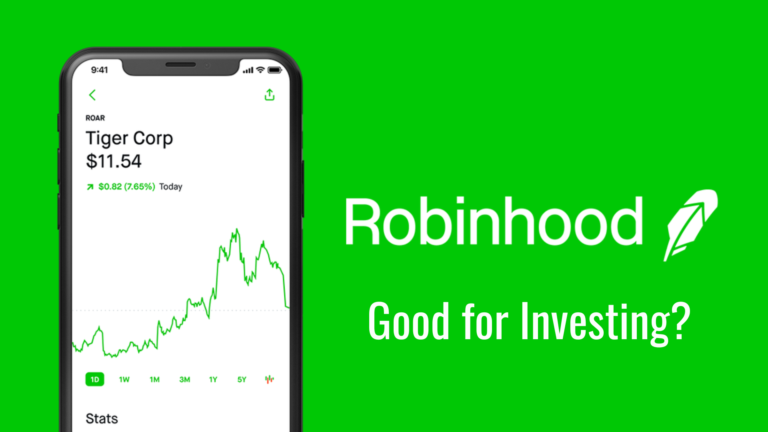Finding the best online brokers for stock trading is your first step. You need a platform that is simple to use, offers strong education, and has low fees. The wrong broker makes trading harder. The right one makes it simple.
We examined top platforms based on features that matter most to new traders. This guide helps you choose the right one and start trading with confidence.
What to Look for in a Beginner-Friendly Broker
As a new investor, your priorities differ from an experienced day trader. You need a platform that supports your learning and minimizes risk. You need clear pricing and easy access to help. The best platforms for beginners focus on these key areas.
Low or No Commissions and Fees
Brokerage fees directly impact your returns. High costs eat into your profits, especially with smaller trades. Look for brokers with a simple fee structure. Many top online brokers offer $0 commission on stocks and ETFs. This means you do not pay a fee to buy or sell these assets. Some brokers still charge for options trading or other services. Always read the fine print.
Educational Resources and Tools
Your broker is your partner in learning. The best platforms provide extensive educational content. This includes video tutorials, articles, webinars, and live training. Look for a broker with a comprehensive knowledge base. These resources teach you about different investment types, risk management, and market analysis. A strong educational suite gives you a significant advantage.
Intuitive Trading Platform and Mobile App
A simple platform is essential for a new trader. An overwhelming interface with too many charts and tools leads to confusion. You need a clean, intuitive platform. It should be easy to find information, place trades, and monitor your portfolio. A good mobile app lets you manage your investments from anywhere. Look for user-friendly design and strong functionality on both desktop and mobile.
Top 4 Online Brokers for Stock Trading for Beginners
Here are some of the best online brokers for stock trading for beginners as of late 2025. Each has specific strengths that cater to new investors. We focused on the platforms that provide a strong mix of low costs, education, and ease of use.
1. Fidelity Investments

The Best Broker for Beginners, Fidelity is often cited as the best overall online broker. Fidelity offers $0 commission on stock and ETF trades. It has a massive library of educational materials. This includes articles, videos, and webinars on nearly every investing topic.
The platform is user-friendly and reliable. It offers fractional share trading, which allows you to buy a portion of a high-priced stock with a smaller amount of money. This feature is excellent for beginners with limited capital. Fidelity also has a strong reputation for customer service, with many physical branches for in-person support.
Fidelity Features for New Investors
- $0 stock and ETF commissions.
- Fractional share trading.
- Extensive educational content.
- Award-winning customer service.
- User-friendly platform and mobile app.
2. Charles Schwab

Charles Schwab is a top choice for beginners, especially after its integration with TD Ameritrade. Schwab has one of the most comprehensive libraries of learning materials available. They offer endless coaching programs and live training events.
The platform is simple to use. It provides access to a wide range of investment products. Like Fidelity, Schwab offers $0 commission for online stock and ETF trades. Its research tools are powerful, but the educational resources are what make it a leader for new investors. Schwab makes learning a core part of its service.
Charles Schwab Benefits
- Industry-leading educational resources.
- $0 stock and ETF commissions.
- Fractional shares for over 500 companies.
- Intuitive platform with helpful tools.
- Strong research and analysis.
3. E*TRADE: Best for Mobile Trading

E*TRADE has a reputation as a pioneer in online trading. Its strength is its mobile app. The app is clean, easy to navigate, and has a straightforward layout. New investors can manage their portfolios, access market research, and place trades easily from their smartphones.
E*TRADE also offers a wealth of educational content and a variety of investment options. You can trade stocks, options, and mutual funds. It has $0 commission on stock and ETF trades. E*TRADE provides a seamless experience for traders who want to manage their investments on the go.
E*TRADE Mobile App Highlights
- Clean, intuitive mobile app.
- Real-time quotes and data.
- Customizable watchlists.
- Access to extensive research.
- Seamless sync between desktop and mobile.
4. Robinhood

Robinhood is known for its simplicity and commission-free trading. The platform is designed for a mobile-first user. It has an attractive, clean interface. Robinhood offers $0 commission on stocks, ETFs, options, and cryptocurrency.
This makes it a popular choice for young investors focused on keeping costs low. Its simplified approach removes many complex features. This can be good for some new investors, but it offers fewer research tools than competitors like Fidelity or Schwab. Robinhood is an entry point for many. It is a good option if you prioritize a simple, no-cost experience above all else.
Robinhood Pros and Cons for Beginners
| Pros | Cons |
|---|---|
| $0 commission on all trades | Limited research and analysis tools |
| Extremely simple and intuitive app | Limited customer support options |
| Fractional shares available | Focus on gamification |
Remember that a simple design does not equal a lack of risk. You are still dealing with real money. A simple platform does not reduce the inherent risks of stock trading.

Choosing Your First Broker: A Step-by-Step Guide
Choosing a broker is a personal decision. Follow these steps to find the best fit for your needs.
- Your Goals: What do you want to achieve? Are you a buy-and-hold investor or a frequent trader? A long-term investor focuses on low costs and a wide selection of funds. A frequent trader needs fast execution and specific tools.
- Your Budget: How much do you have to invest? Many brokers have $0 account minimums. Check for inactivity fees or other charges.
- Prioritize Features: What matters most to you? Do you need a great mobile app? Or is extensive education more important? Rank your priorities.
- Research and Compare: Create a shortlist of brokers. Compare their fees, features, and user reviews. Look for firsthand accounts from other beginners.
- Test a Demo Account: Some brokers, like eToro, offer a demo account. Use it to practice trading with virtual money. This helps you get comfortable with the platform without risking any of your own cash.
Common Questions About Online Brokers for Beginners
What is the difference between a cash account and a margin account?
A cash account is a brokerage account where you must pay the full amount for securities purchased. You cannot borrow money from your broker. A margin account allows you to borrow money from the brokerage to buy securities. Beginners should always start with a cash account. A margin account carries significant risk. You can lose more money than you invested.
Do I need a lot of money to start?
No. Many brokers have a $0 account minimum. You can start with a small amount of money. Some platforms, like Robinhood, allow you to buy fractional shares. This means you can buy a small portion of a stock with just a few dollars.
Are commission-free trades truly free?
Commission-free trades mean you do not pay a fee to the broker for the trade itself. However, other costs may still exist. These include regulatory fees, wire transfer fees, and fees for paper statements. Your broker may also earn money through payment for order flow. This is a practice where a broker sells your orders to a third party. This third party then executes the trade. It can result in a slightly worse price for you.
How can I check if a broker is legitimate?
You can check a broker’s credentials on the FINRA BrokerCheck website. FINRA is the Financial Industry Regulatory Authority. It is a government-authorized organization that oversees brokers and brokerage firms. This check gives you a broker’s employment history, licenses, and any disciplinary actions. Look for a broker that is a registered investment advisor (RIA).
What is a fractional share?
A fractional share is a portion of a whole stock. It allows you to invest in companies with a high share price, like Alphabet or Amazon, with a smaller amount of money. For example, if Amazon stock costs $150 per share, you could buy $10 worth of Amazon stock and own a fraction of one share. This is a great tool for beginners.
What is an ETF?
ETF stands for Exchange-Traded Fund. An ETF is a basket of securities, such as stocks, that you can buy or sell on a stock exchange. It is a simple way to diversify your investments. For example, an S&P 500 ETF holds stocks from the largest 500 US companies. Buying a single share of this ETF gives you a stake in all 500 companies. This reduces risk compared to buying a single stock.
Final Actionable Insight
Start your stock trading journey by opening a demo account. Use virtual money to learn the platform. Practice placing trades. Get comfortable with the interface. Then, open a real account with a small amount of money. Choose a broker with low fees and strong educational resources.
Focus on learning before you focus on profit. Your first goal is to understand how the market works. Once you have a firm grasp of the basics, you can expand your trading activities.








